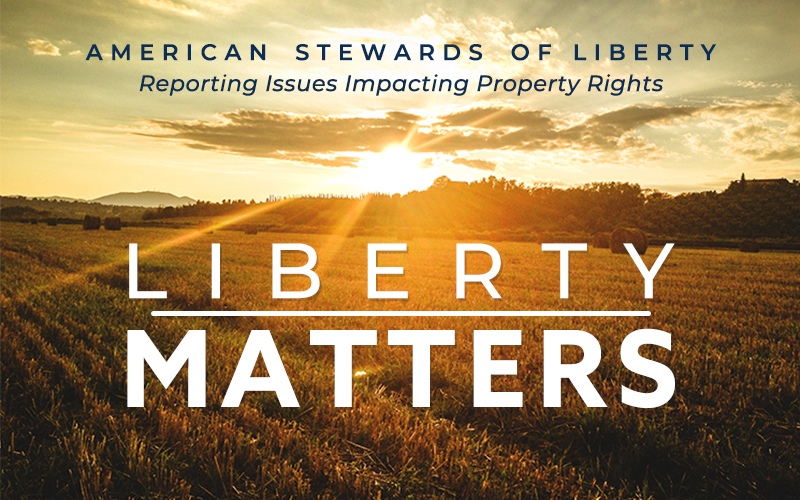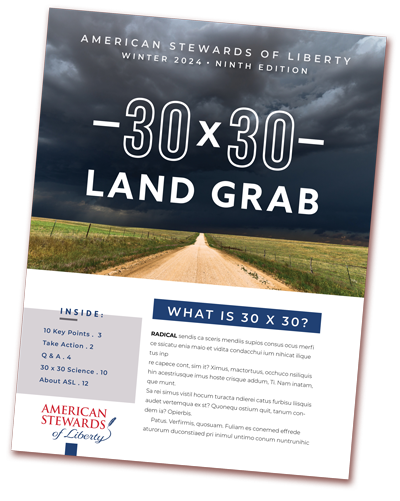In order to comply with the “net zero” agenda, Netflix and Meta (formerly Facebook) have been preventing goat herders in Kenya from grazing tens of thousands of acres.
All so they could claim they were sequestering carbon and offsetting their massive carbon footprint. But, in an unlikely turn of events, the farmers sued and won the right to use their lands leaving the mega companies in a dilemma – where to find the next group of landowners who are unaware of the climate crisis scam.
Clearly both Netflix and Meta have succumbed to the left’s climate change propaganda by purchasing carbon credits, a far left scam, on centuries-old grasslands owned by Maasai goat herders and farmers in Kenya.
They are depriving goat herders of their ancestral right to use grasslands they’ve used for centuries forcing them to stop grazing on tens of thousands of acres and to rotate on thousands more just to claim they are “net-zero” companies.
In other words, they are virtue signalling by claiming they are offsetting their carbon footprint, while in reality dictating how East African Maasai farmers can use their historical grasslands. The grasslands are being bought as carbon sinks where carbon is supposedly stored in the soil giving Netflix and Meta street cred with their millions of viewers and users.
But the local Maasai goat herders have had enough. They took both Netflix and Meta to court and won! And, because of that decision, an international nonprofit that certifies carbon credits suspended approval of the North Kenya Project placing the sale of credits on hold.
The African Court’s ruling has exposed Netflix’s and Meta’s scam.
The Maasai, Borana people are a proud group of farmers living in Eastern Africa. They migrated from Ethiopia around 1750 and have learned to thrive in the arid and semi-arid land. The Maasai rotate their herds across millions of acres of land and are renowned for their deep-rooted traditions, social organization, and unique water conservation systems.
Netflix and Meta both claim their energy-intensive businesses – flying across the globe to film movies and the use of extraordinary amounts of electricity to power their Artificial Intelligence operations – require them to offset their illusory carbon footprint.
The fierce backlash by the local tribes claimed project backers did not obtain proper consent from the locals and by restricting use of their land they have disrupted rotational patterns used by the local tribes to keep their goats and cattle fed.
Developers claim their project could lock in around 50 million tons of carbon over the next 30 years – carbon dioxide that is used by nature to grow the very grass the farmers need for their herds.
The Northern Kenya Rangelands Carbon Project claims they are the world’s largest soil-carbon operation launched in 2012. They proudly explain they have preserved 4.7 million acres of grasslands to lock in carbon on land owned by the Maasai, Borana people.
But organizations like Netflix and Meta who pretend to be green and claim that man is destroying the planet are instead gaining control of grasslands on the other side of the planet professing they are doing their part to save it. But save it from who?
It’s conservation virtue signaling at its finest.
By locking up this much carbon both Netflix and Meta are hypocrites who produce millions of tons of carbon worldwide and think actively depriving local herders of their historical grasslands is their way of solving the problem.
Go here to read more and here to see how tens of thousands of herders are being evicted from the traditional grasslands used to sell carbon credits to companies worldwide.





